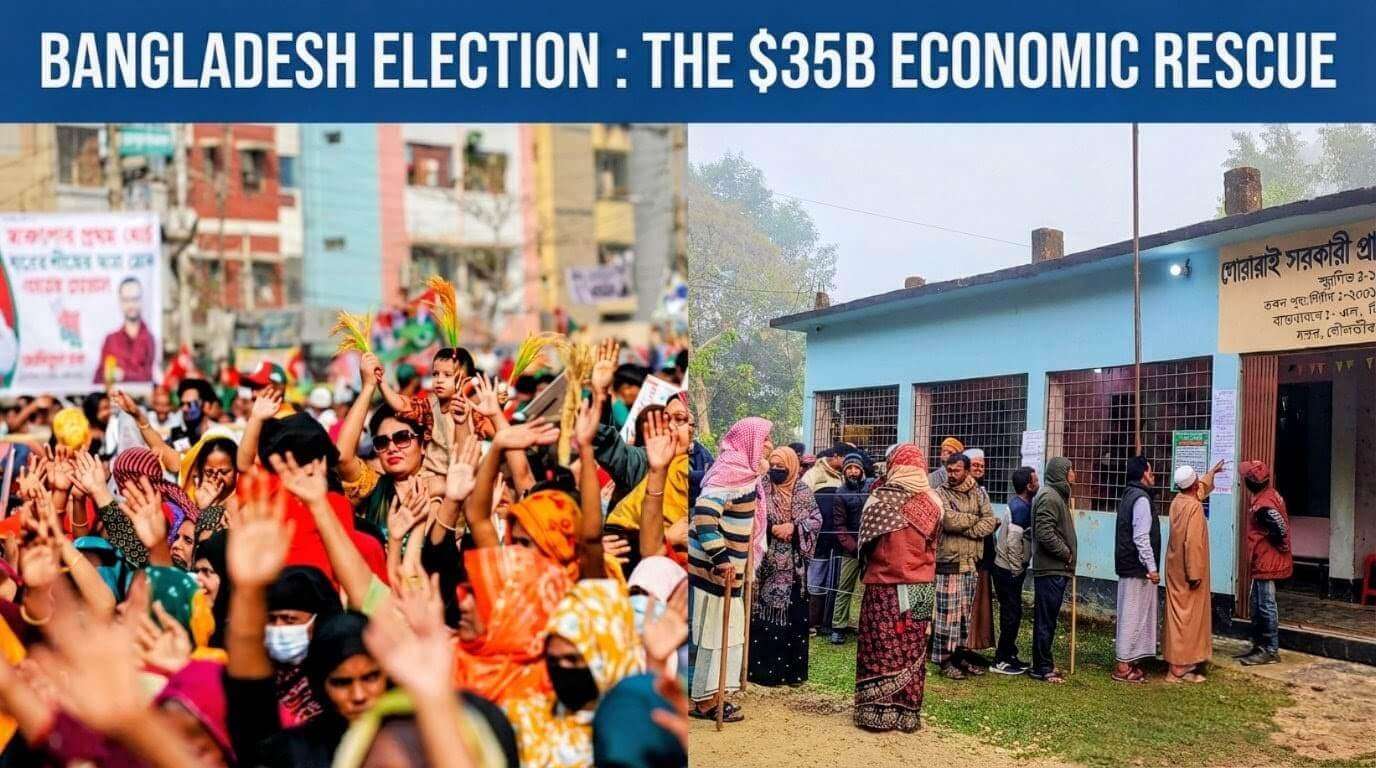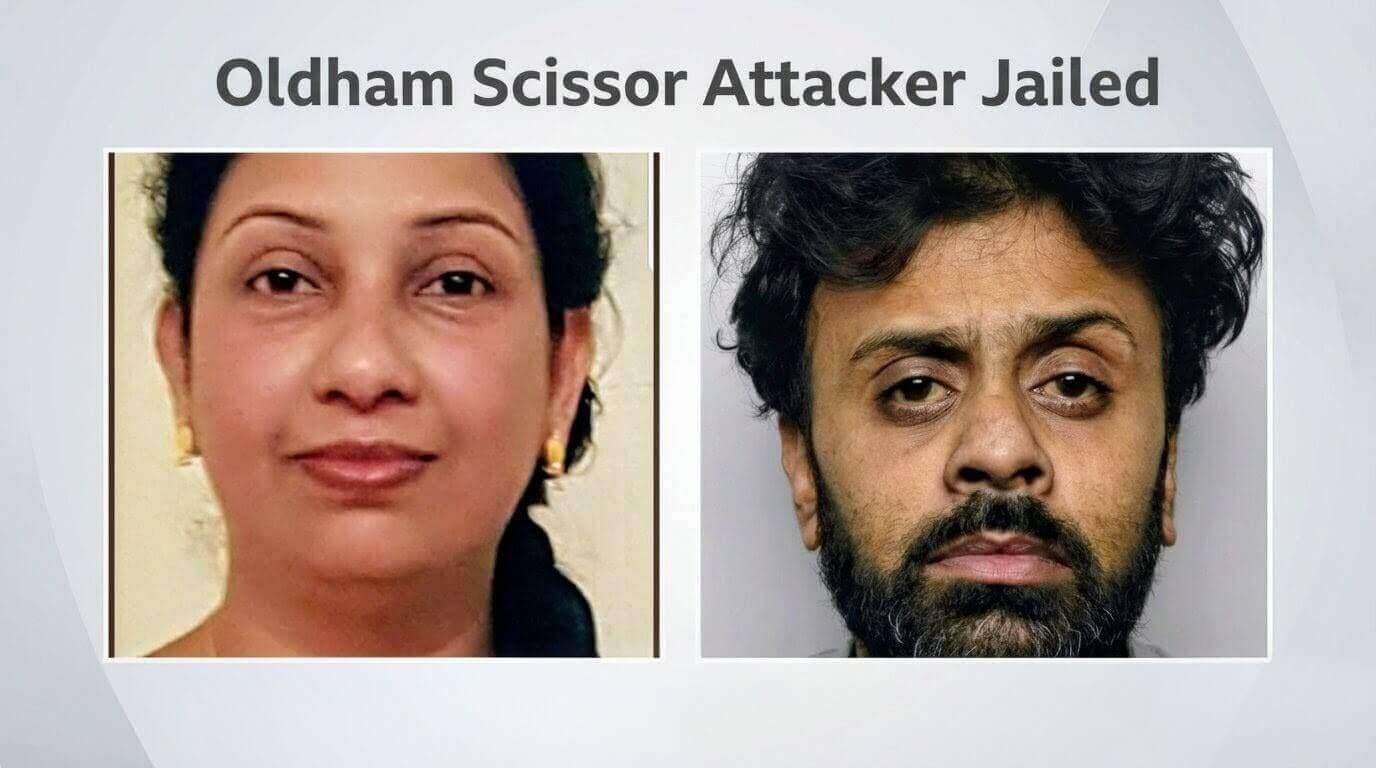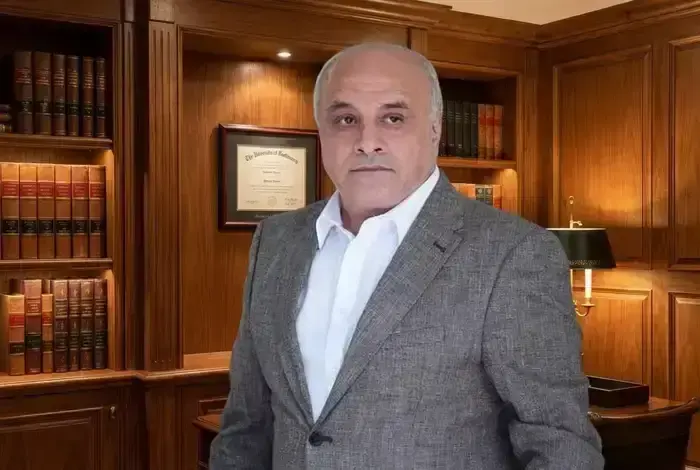The French courts have charged Telegram's CEO, Pavel Durov, with permitting illegal activities on the messaging platform, although he escaped jail time by posting a €5 million bond.
The multibillionaire French citizen, born in Russia, was given conditional release with the requirement that he continue to live in France and report to a police station twice a week, according to a statement from Paris prosecutor Laure Beccuau.
Along with a long list of other infractions on the messaging app, Durov is accused of participation in the dissemination of child sex photos.
Durov was arrested on suspicion of not taking action against illegal content on the platform, including as the exchange of child sexual imagery, drug trafficking, and fraud, on Saturday at Le Bourget airport, which is located just outside of Paris.
His surprise arrest has put a spotlight on the criminal liability of Telegram, the popular app with around 1 billion users, and has sparked debate over free speech and government censorship.
Specialist French cybercrime and fraud detectives announced earlier this week that Durov’s arrest was part of a wide-ranging investigation into a failure to moderate alleged criminal activity on the messaging app.
In a statement on Sunday, Telegram said it abided by European Union laws and that its moderation was “within industry standards and constantly improving”.
“Telegram’s CEO, Pavel Durov, has nothing to hide and travels frequently in Europe,” it said. “It is absurd to claim that a platform, or its owner, are responsible for abuse of that platform.”
Durov, a self-styled libertarian often cast as “Russia’s Mark Zuckerberg”, lives in Dubai, where Telegram is based, and holds citizenship of France and the United Arab Emirates. He recently said he had tried to settle in Berlin, London, Singapore and San Francisco before choosing Dubai, which he has praised for its business environment and “neutrality”.
Telegram has long been closely monitored by law enforcement agencies worldwide due to its alleged use by terrorist organisations, drug traffickers, arms dealers and far-right extremist groups for communication, recruitment, and coordination.
In a rare interview with the Financial Times in March, Durov, who is valued at more than $9bn, said child abuse material and public calls for violence were “red lines” for Telegram. But he has also repeatedly promoted the platform’s minimal moderation policies and commitment to free speech, boasting that his company employs only 30 full-time engineers.
Durov has mostly managed to avoid the public scrutiny faced by top executives of other tech companies, such as Elon Musk and Mark Zuckerberg. He has seldom given interviews, preferring to showcase his ascetic lifestyle to his followers on Instagram, where he occasionally shares shirtless photos of himself. Last month, he told his followers on social media that as a sperm donor he now had over 100 biological children.
Durov left Russia in 2014 after refusing to comply with Kremlin demands to shut down opposition groups on the VK social network that he founded when he was 22. He was forced to sell VK after a dispute with its Kremlin-linked owners and turned his focus to Telegram, the app he founded with his brother Nikolai in 2013.
Russia attempted to ban Telegram in 2018, but lifted all restrictions on the platform after Russian authorities stated that Durov was willing to cooperate in fighting terrorism and extremism.
While Durov has at times cast himself as a Russian exile, leaked border data seen by the Guardian showed that he visited the country more than 50 times between 2015 and 2021, leading to renewed speculations over his links to the Kremlin. Russian officials have framed Durov’s arrest as politically motivated, a claim strongly denied by Macron.
Questions have also been raised about the timing and circumstances of Durov’s detention, in particular whether Durov knew that Paris had issued a warrant against him.
Le Monde newspaper reported that Durov had met the French president, Emmanuel Macron, on several occasions prior to receiving French nationality in 2021 via a special procedure reserved for those deemed to have made a special contribution to France.
The Wall Street Journal reported that Macron suggested in 2018 that Durov should move Telegram’s headquarters to Paris, an offer Durov reportedly refused.








.svg)

